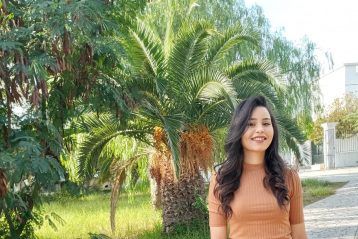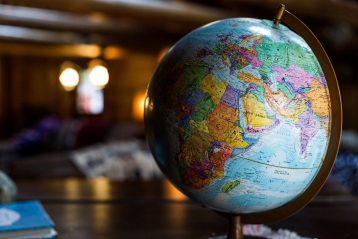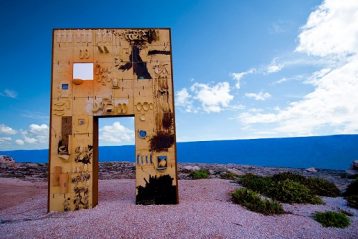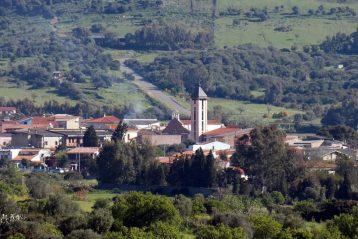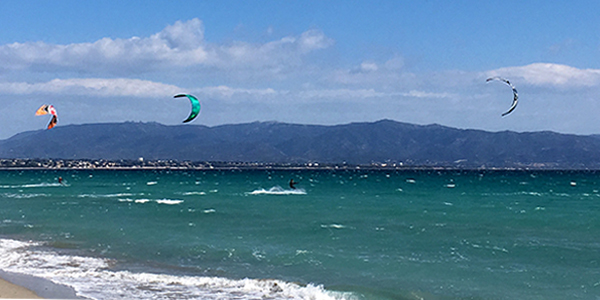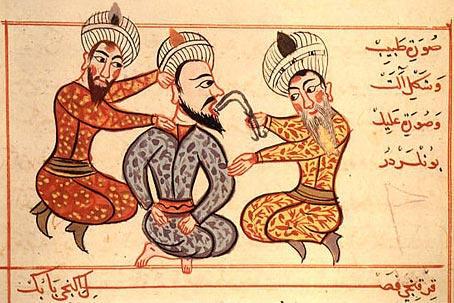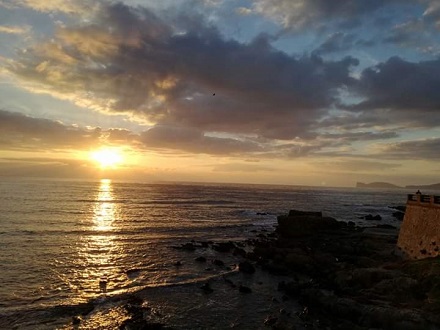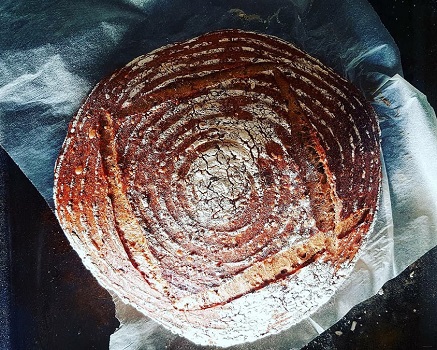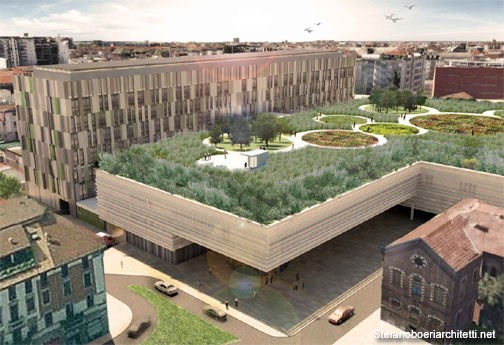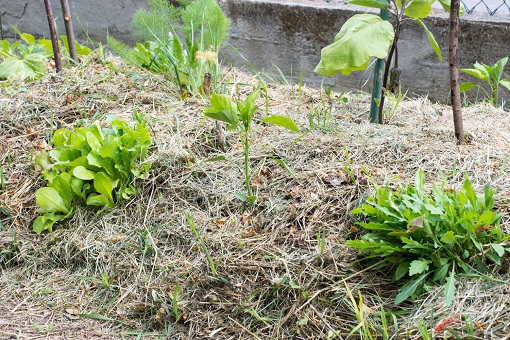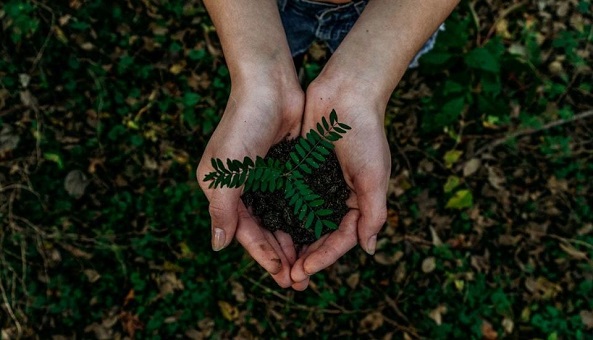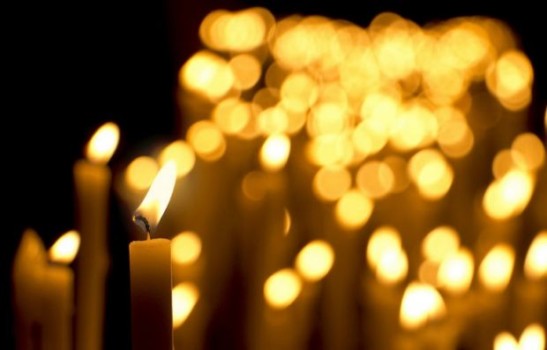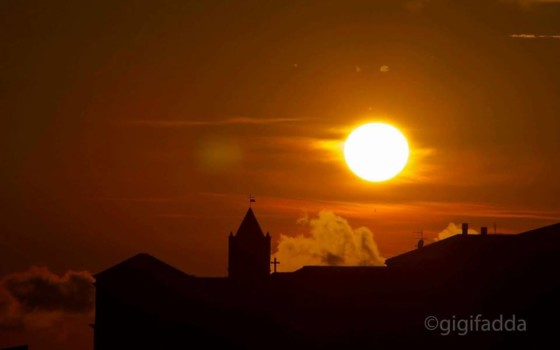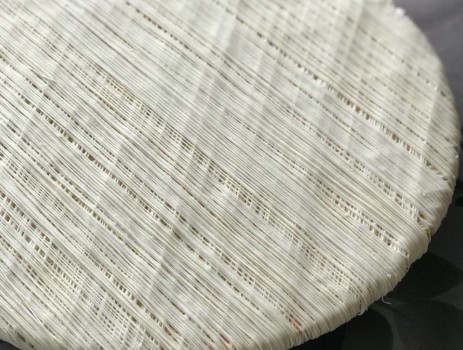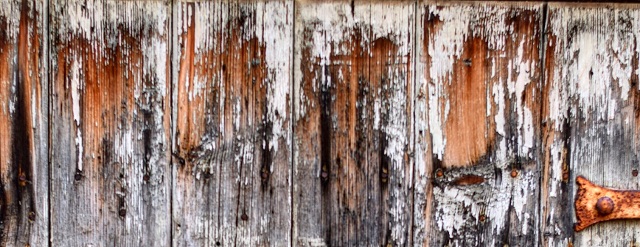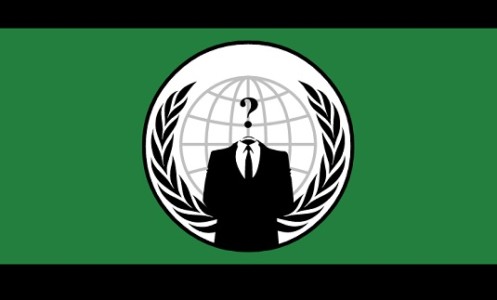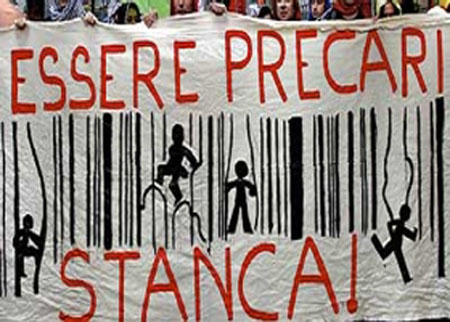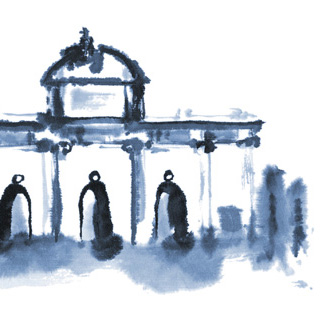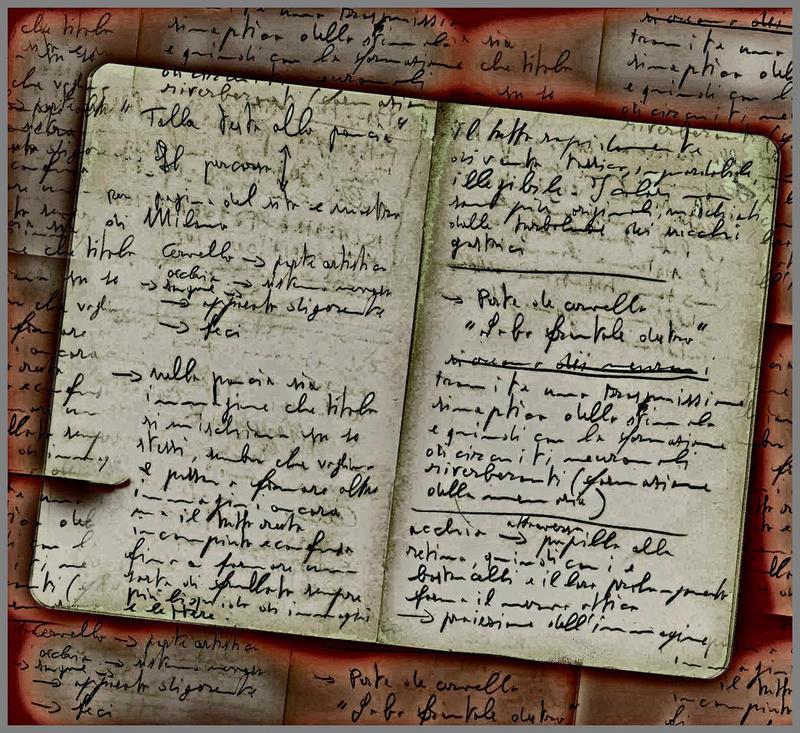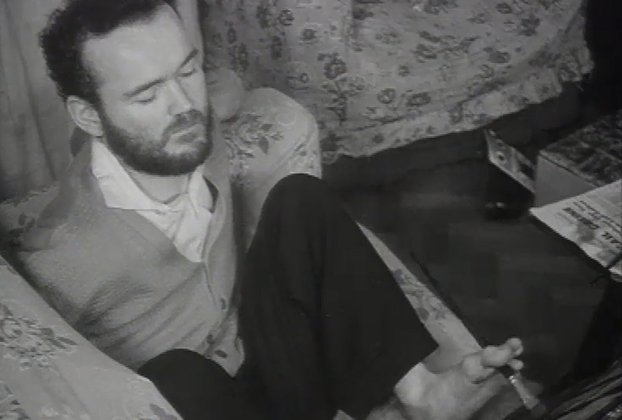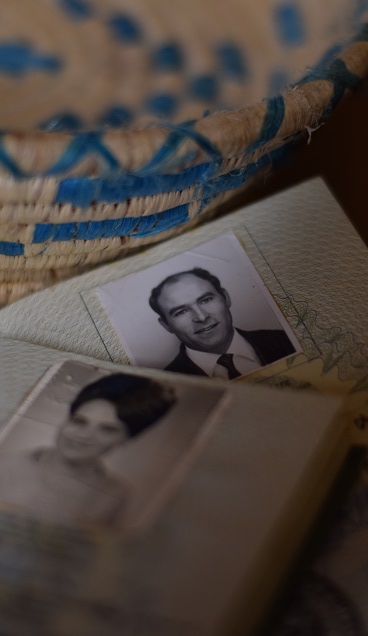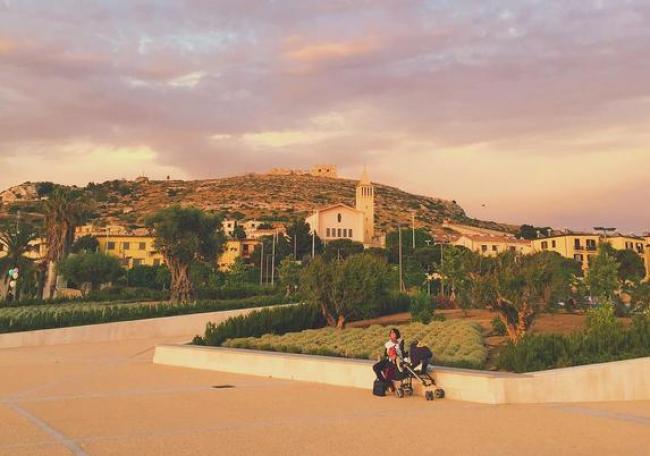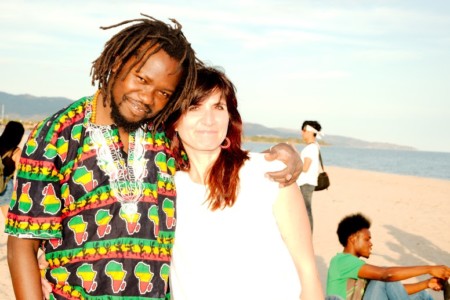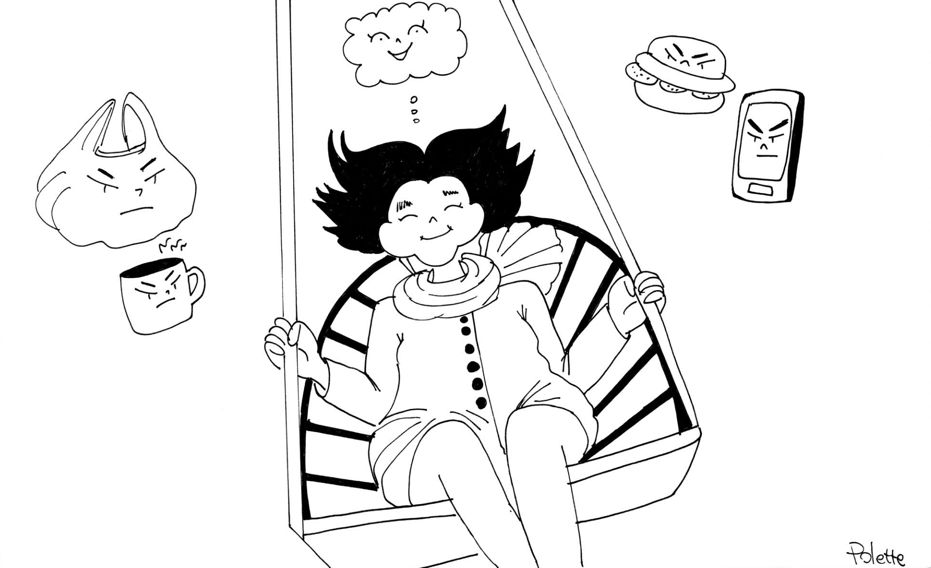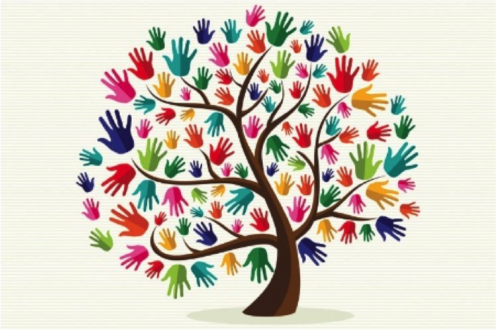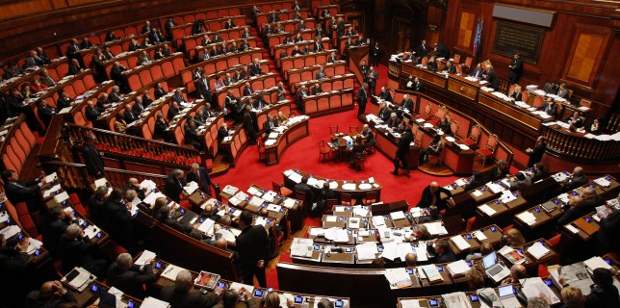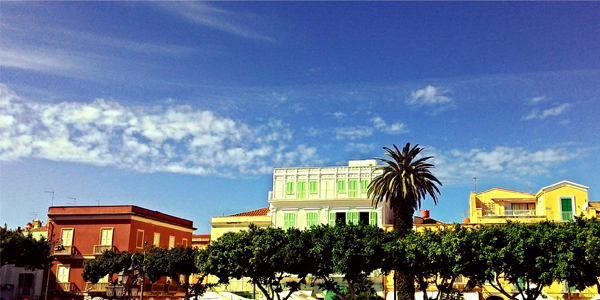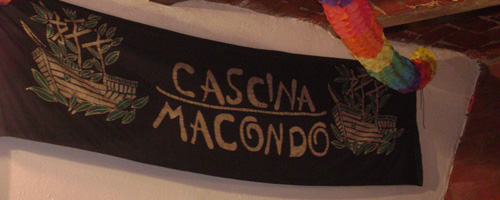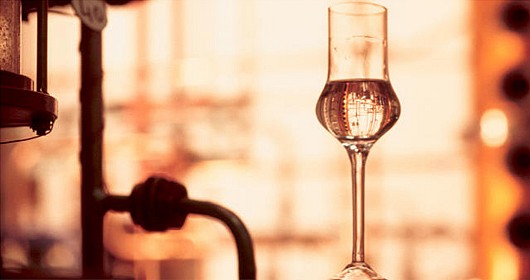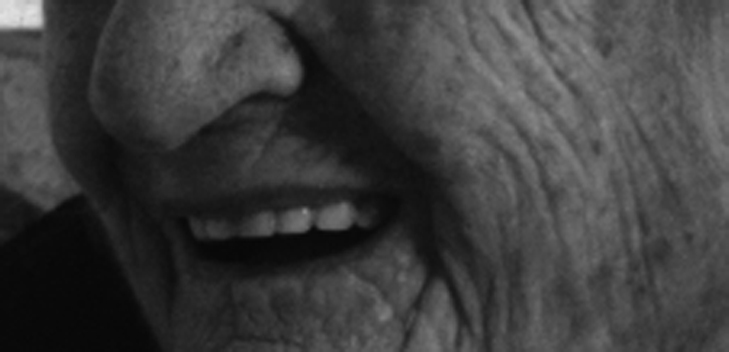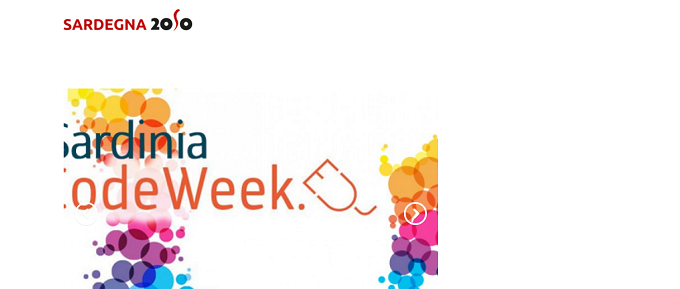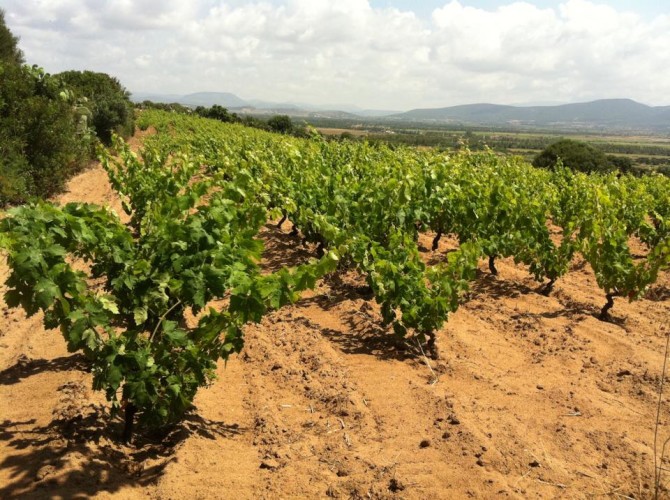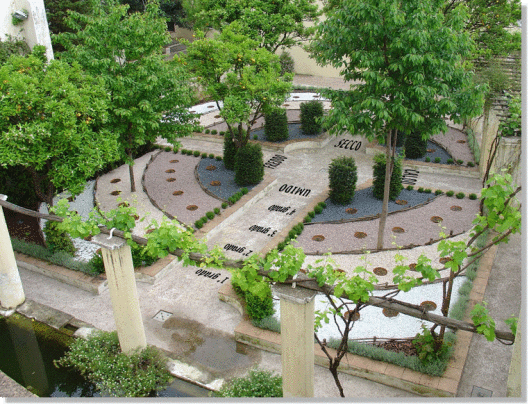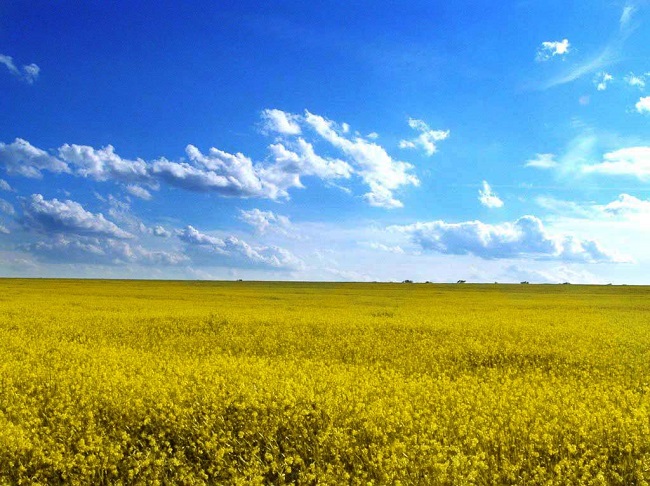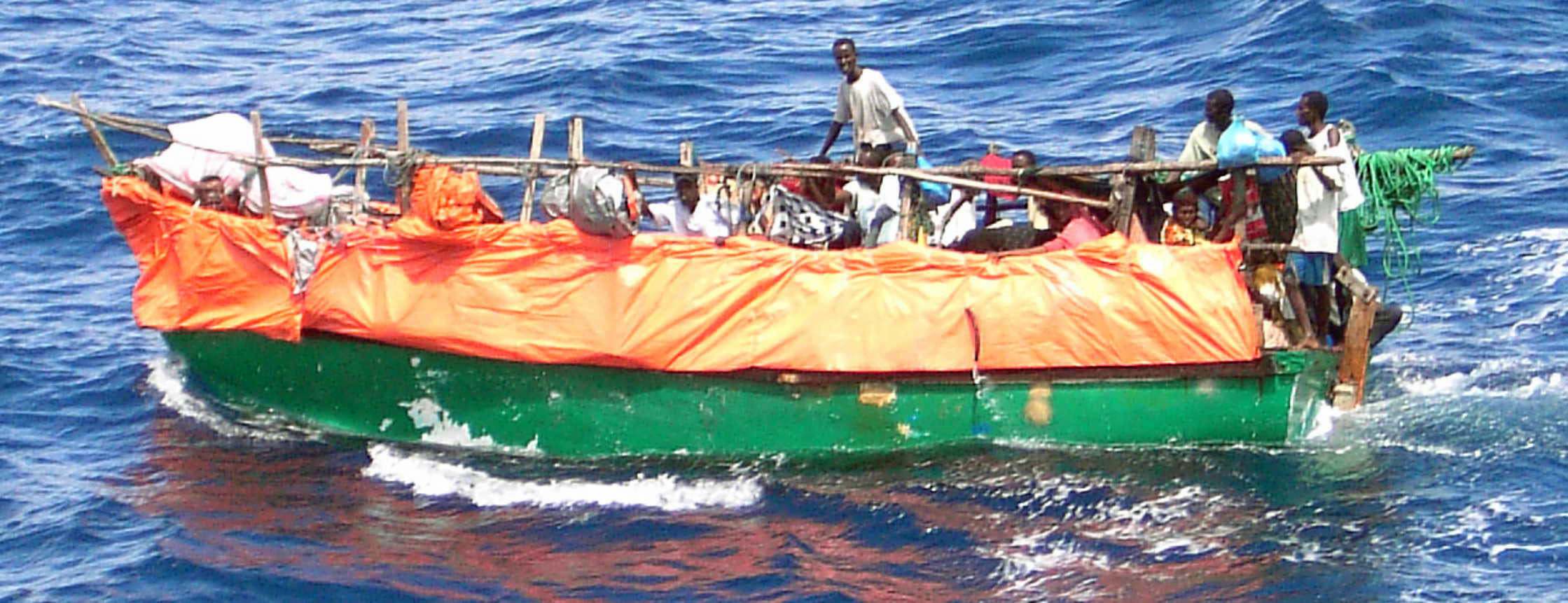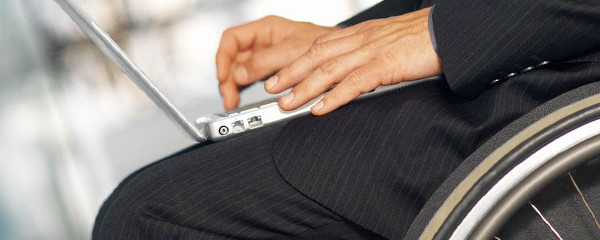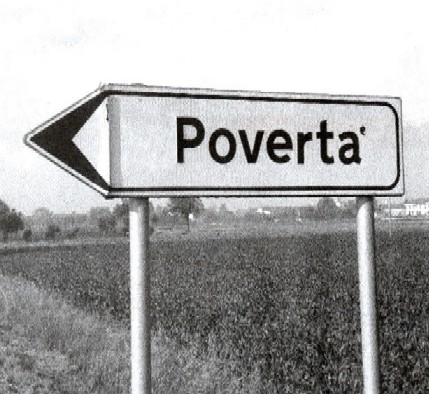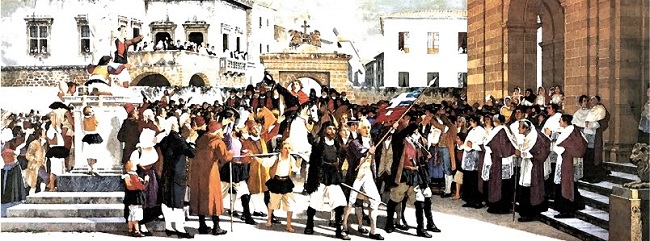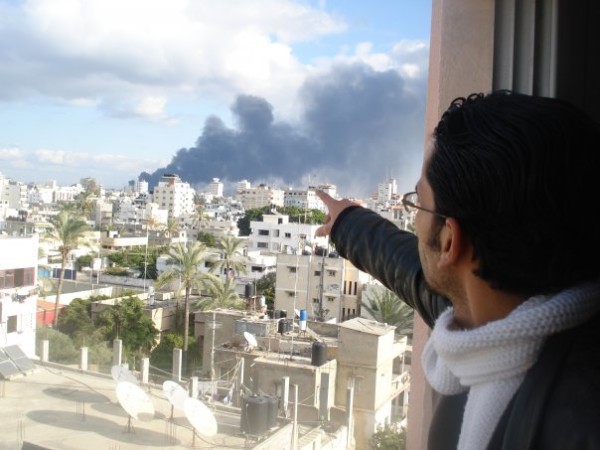
It’s been deeply moving to see becoming effective the ceasefire on Ghaza from the Israeli side during the night. After 22 days of war, the images shown by the satellite TV Al-Jazeera seemed almost surreal: with no more explosions lighting up the streets, the city was finally quiet and it was possible to imagine people trying to sleep, maybe for the very first time after a three weeks bombing. Even the correspondent, now without the usual background of bombs, ambulances and howls of pain, was almost whispering telling the last news from the battlefield, as if he was scared to break that so fragile silence. It seems that Ghaza is turning to life again, with people going out in the streets, counting all the damages of destruction and wandering incredulous among piles of ruins were are buried lifelong memories. From the same ruins keep on coming out the bodies of the victims, raising the price of human lives paid for this war.
For the United Nations the dead among the Palestinians are at least 1300, more then 400 of them are children and more then 100 women, while the injured are about 5500, 1900 of whom are children and 800 women. The director of the UNRWA – the UN agency for development and assistance in Ghaza – said that the weapons used by Israel caused “terrible injuries” in children. At least 100,000 people have been thrown out from their homes and the 80% of Ghaza population is now under the threshold of poverty.
The material losses are huge too and the rebuilding of the facilities is estimated in billions of dollars. About 100,000 houses have water again, but 400,000 still remain unsupplied and electricity is available less then 12 hours a day. Palestinian sources say that about 4000 buildings have been destroyed and at least 20,000 have been seriously damaged, 21 of which are hospitals or medical structures and 50 belonging to the UN, more then 1500 are factories and commercial activities, 20 mosques, 31 safety systems and 10 pipes for water and drainage systems.
On the Israeli side there are 13 dead, 3 of whom civilians.
The disproportion in the number of victims is the result of a bigger disproportion in the economic and military power of the opposing sides. The rockets fallen on Israel in the most of cases exploded far from the houses while Ghaza has been attacked with air, sea and land bombings, also using white phosphorus.
This disproportion is neither justified by the right of Israel to existence (as many say) if this means the destruction of Palestine and its inhabitants. A gap always existing and that in the past, especially during the first intifada of 1987, took the name of “war of the stones”, the only weapon that the Palestinians could oppose to Tsahal, one of the biggest military powers in the world, boasting an endless air, sea and land arsenal (including, as it seems, several nuclear warheads, whose existence has never been admitted by Israel).
The inequality between the Israeli economic power and the troubles of Palestinian life is evident and can be almost physically heavy to stand if you try it personally. Not disputing about a people’s right to self-assertion and having its own country, which means the right to existence itself, we also wonder how Palestinians feel tolerating a second-rate life after being thrown away from their homes following up Israel’s birth on their own land. Because this is the thruth. The feeling of impotence and frustration created by the continuous ostentation of Israeli wealth and power is difficult to understand if you didn’t experienced it.
The first thing striking our feelings is the humiliation suffered by the Palestinians in crossing the check points strewn all over the country. The separation wall created by Israel in order to protect its borders winds along the lands worming its way among the houses as a drawing on the paper more then cement in the fields. Families have been split, the sons living in Jerusalem can’t go visit their parents staying in Bethlehem, many guys go out early in the morning not knowing if they’ll be able to reach their universities, sick people often can’t reach the hospitals. Crossing a check point is a real venture: countless blockages, metal detectors, Israeli soldiers checking the documents with the guns in their hands and enjoining silence.
The disproportion in resources is particularly notable in vital fields as land and water. The economic means available for the Jewish state allowed the creation of real gardens in the middle of the desert, where water arrives through pumps and irrigation pipes and in several hotels and public places it is even used in fountains for just decorative reasons. What should feel a Palestinian who is barely able to find water to drink? In many cases lands have been expropriated, in others orchards and olive groves have been cut down or uprooted using as an excuse the safety of the Israeli state (which judged them as an ideal shelter for the snipers of the armed resistance).
So, if Israel’s boldness is highly appreciable, we can’t surely keep silent in front of the arrogance displayed to exert its supremacy on those who don’t have the same means. It’s happened in the last attack against Ghaza, arrived in a particular moment, on the eve of the elections in the Jewish state, maybe in order to help someone to gain consents, and when the US ally could not intervene, embedded by the handing over of power from Bush to Obama and bogged in more pressing internal economic troubles.
Many believe that, as in the past, even this war has economic reasons. Not mentioning the beaches on which Israel could put its hands on in order to create new tourist centers and just hinting at the wider strategic presence which could gain on the Mediterranean sea, we think in particular about the gas stocks discovered abroad Ghaza seaside in 2000. Maybe they’re not huge, but it’s worthwhile taking them away from the Palestinian Authority to make them part of a wider system of gas pipelines which could arrive up to Russia passing through Turkey. The war was undoubtedly strategically useful for the USA in strengthening their presence not only in the Mediterranean Sea, but also in the Gulf of Aden, on the Red Sea and in eastern Africa thanks to a safety agreement signed with Israel the day before the ceasefire aimed to prevent the arms smuggling to Hamas or other armed groups of the Palestinian resistance. What a shame that the USA itself were trying to ship to Israel, passing through Greece, large amounts of arms!
The economic power of Israel, an attractive partner for everyone from en economic and strategic point of view, reflects also in the political sphere. So Europe, still prisoner of the past ghosts and of the present ignorance, which mixes up religion and politics so that who criticizes the Israeli government is automatically charged of anti-Semitism, just condemns the Israeli “safety barrier”, the aimed killings of unwelcome political Palestinian exponents, the use of non-conventional weapons and the ruthless life conditions of the prisoner Ghaza residents. Egypt, that hosted so many peace summits, carefully avoided any conflict with the ancient enemy – with which signed from a long time an armed peace – even after the violation of its aerial space by the Israeli bombers, opening a bit at a time Rafah border crossing to the passage of humanitarian aids. Even Turkey tried to carve out a mediation role, maybe aiming to gain some points in the process of EU widening to a Muslim country. The Arab League didn’t lose the occasion to stage its usual useless diplomatic theatre, condemning the war against Ghaza but not taking any serious measure which could damage the oil market.
So we wonder what should happen if the phosphorus weapons (and, as someone says, even depleted uranium weapons) used against civilians and the bombs fallen on schools, hospitals and ambulances and on international broadcasters offices, belonged to another country instead of to Israel? In last years have been fought two terrible wars “against international terrorism”, a country has been destroyed with the excuse of a “preventive war”, condemnation resolutions have been voted against the Iranian nuclear program, Hamas has been described as a terrorist organization not giving to a democratically elected government the opportunity to rule (forgetting what happened previously in the past with Arafat’s PLO). The world accepted all this, but, on the other side, is impossible even to criticize the behavior of who, hiding behind the fact of being an acknowledged state, committed as many crimes, giving the position of prime minister to such fellows who, as secret agents or as generals in the army, perpetrated aimed killings, mass massacres of civilians and war crimes.








